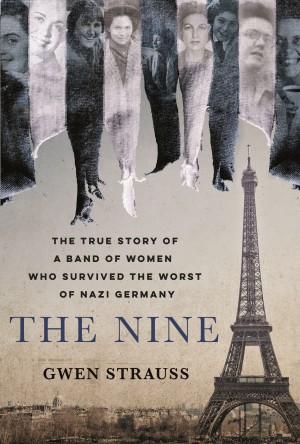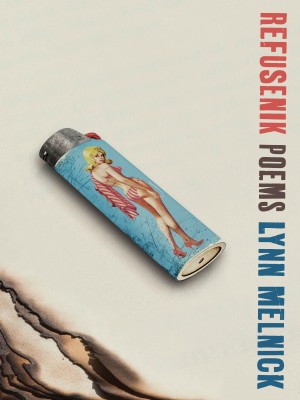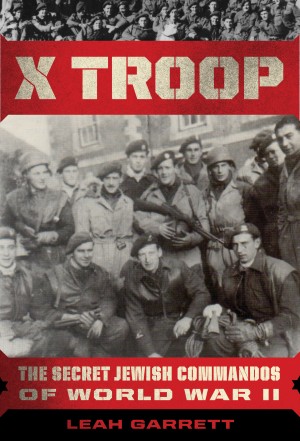Milena and Margarete provides a powerful and moving account of a forbidden love story that flourished in the unlikeliest of places: Ravensbruck concentration camp. The little known history of women imprisoned at Ravensbruck, including lesbians and others the Nazi’s classified as part of the Asoziale class, is illuminated in this narrative. Composed of meticulous research of Milena and Margarete’s love story and the history of lesbian women, Strauss’ account is so seamlessly and beautifully crafted that it reads like a novel. This book reminds us of the importance of human connection and the power of love at a time when the Nazis tried to destroy any shred of humanity amongst prisoners in the camps.
Margarete Buber-Neumann, known as Grete, was born in Germany. In the late 1920’s, she became romantically involved with Heinz Neumann, who became the principal mouthpiece of the German Communist Party. Over time, Grete became disillusioned with the Communist Party, leading to her arrest in 1938 by the Russians. The Russians initially sent her to a gulag, but in 1940 — as part of a Russian/German prisoner exchange — she was transferred to Ravensbruck.
Milena Jesenska was a Czech born journalist opposed to fascism. She also supported the Communist Party for a period of time. Like Greta, she became disillusioned with the Communists and ultimately worked with the resistance in Prague at the beginning of World War II. She was arrested in November 1939 and sent to Ravensbruck in October 1940.
Grete and Milena met in 1940 during a prisoner exercise period. Grete “would remember her first encounter with Milena as the turning point of her life.” Strauss gradually reveals the growing love between Greta and Milena, while also shedding light on their lives prior to Ravensbruck. Strauss imagines conversations the two women might have had during their stolen moments away from the Nazi guards.
The book details a moving account of two women finding strength and love through their “passionate friendship” (a term they used to describe their relationship at the time) as their world at Ravensbruck descends into a hellscape of disease, overcrowding, and medical experimentation on the female prisoners. As Strauss details the horrid conditions at Ravensbruck, she also dives deeper into the complex and little known or documented world of lesbian love within the prison. She sheds light on the social stigma and brutal treatment of lesbians in the camps and the stigma that continued long after the war, which forced many lesbians into silence and many of their stories to be lost — until now. Gwen Strauss provides a powerful voice to the moving, emotional, and complex history of lesbian love within the concentration camps.




